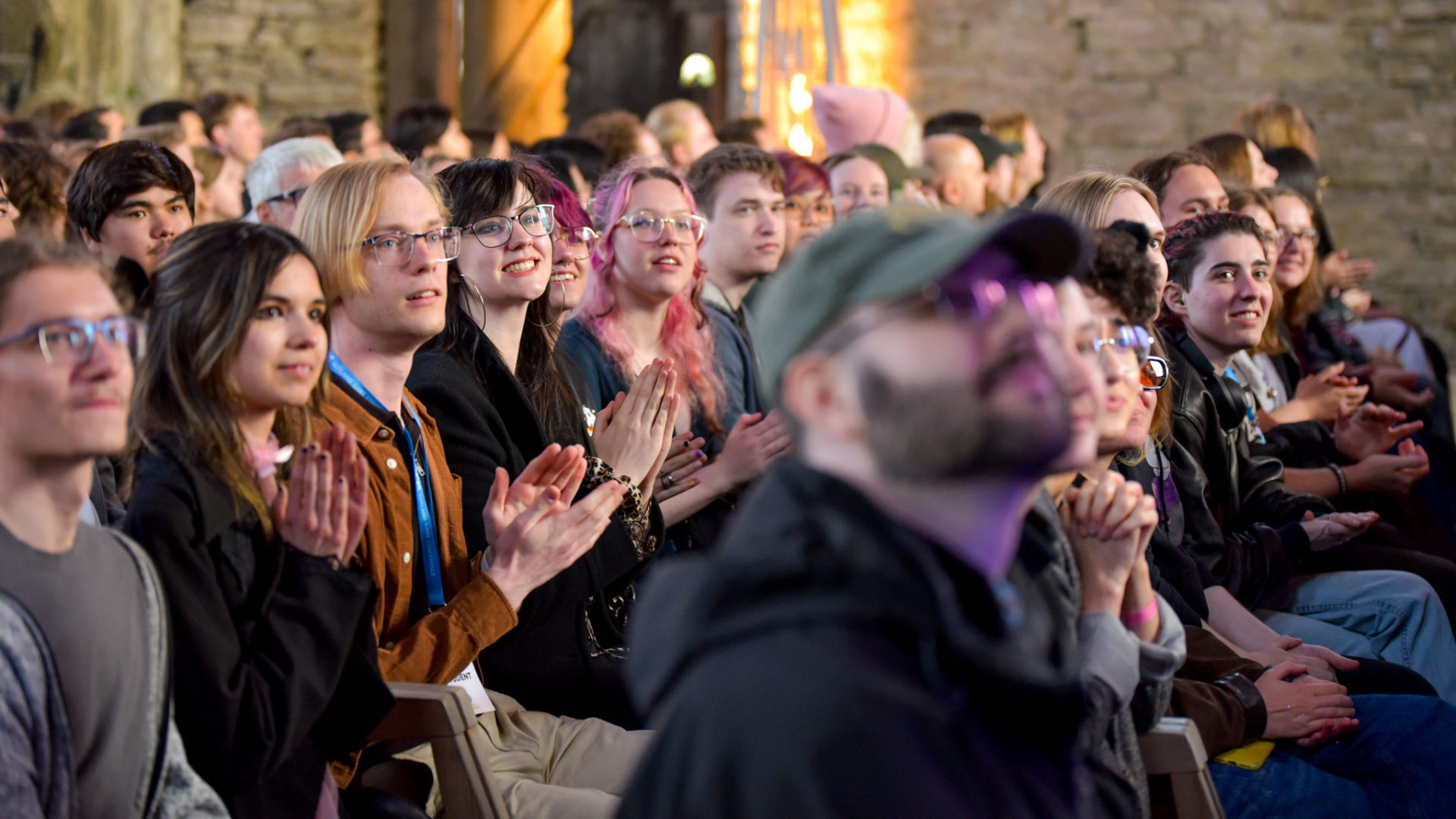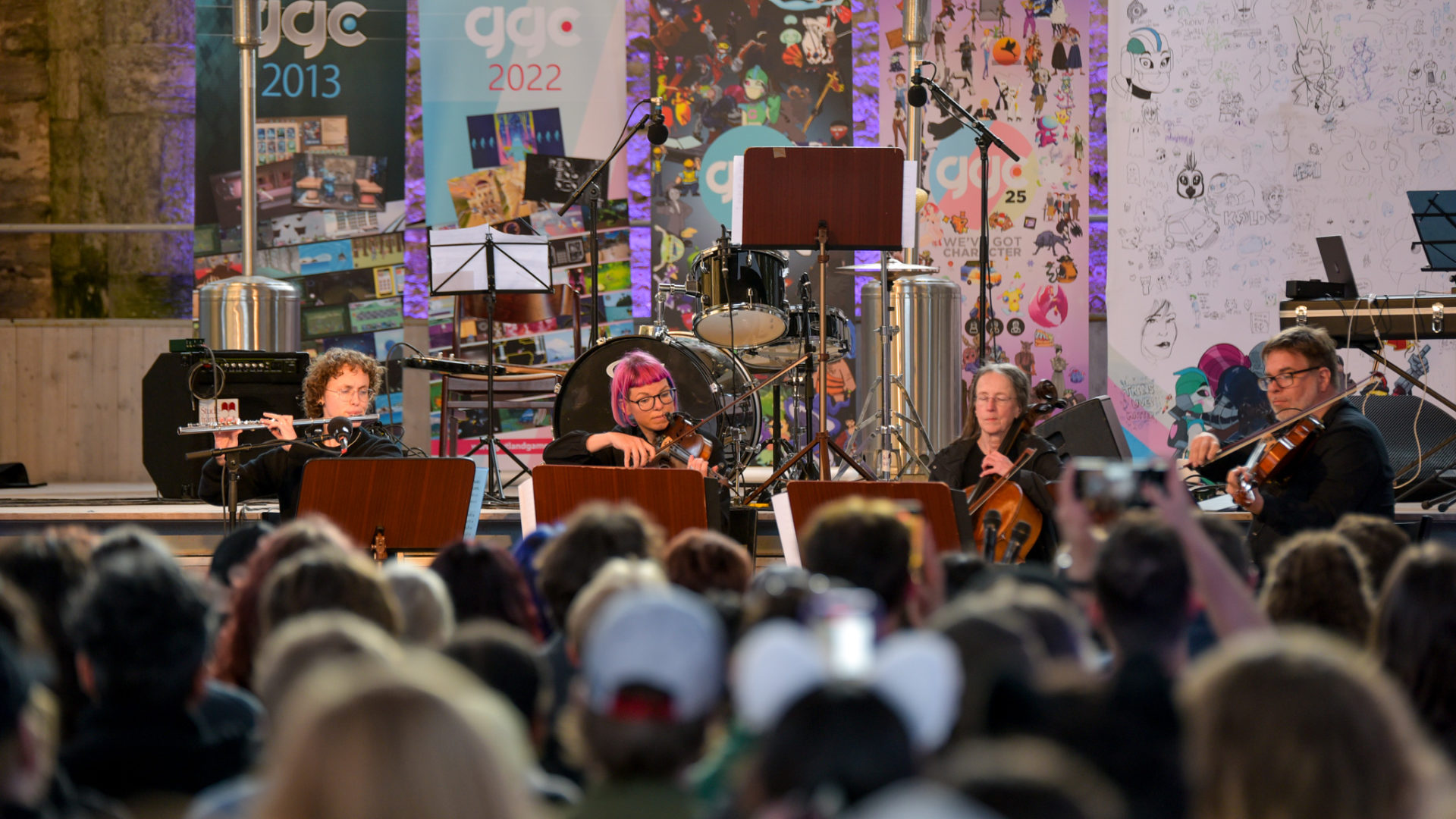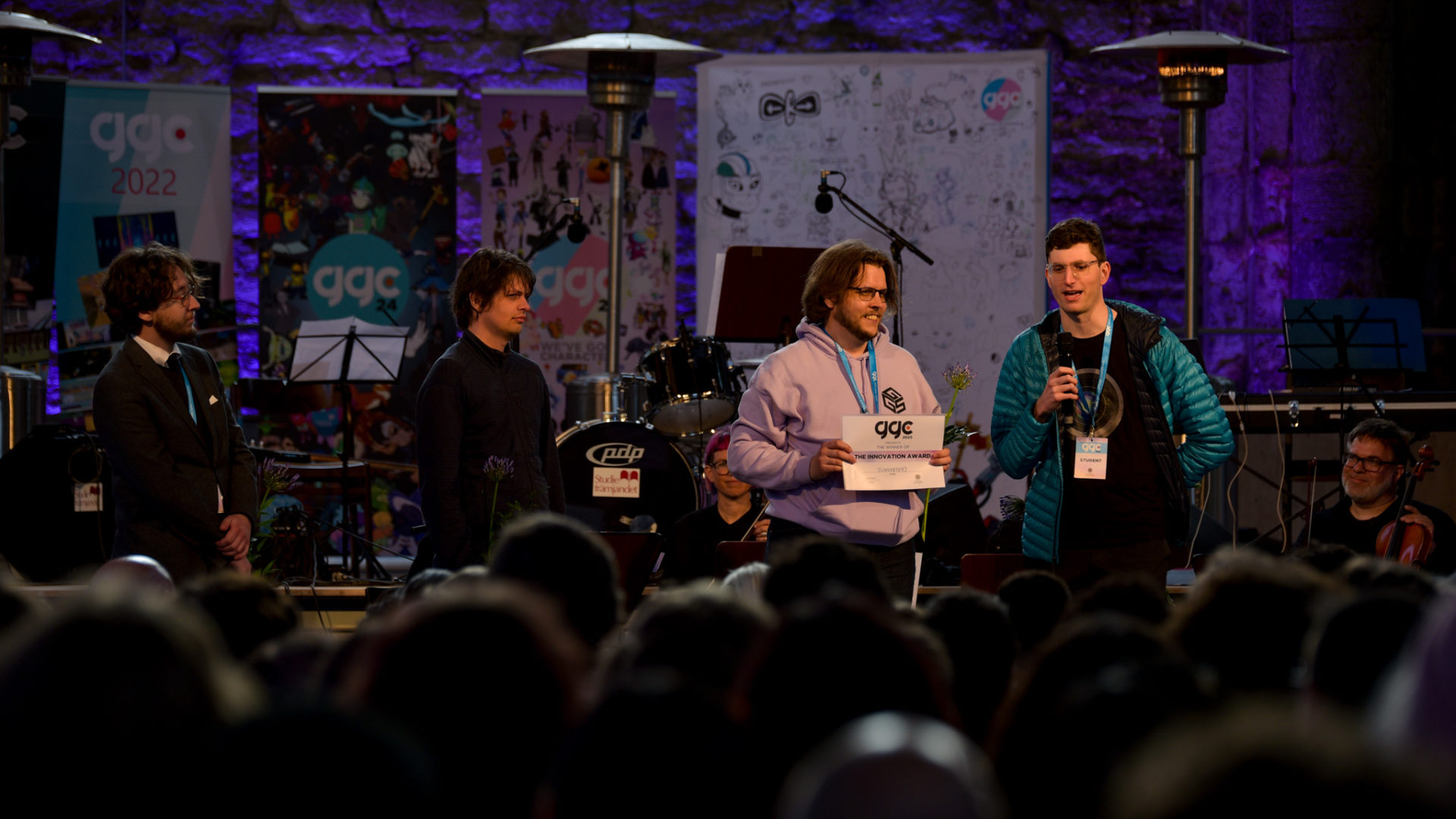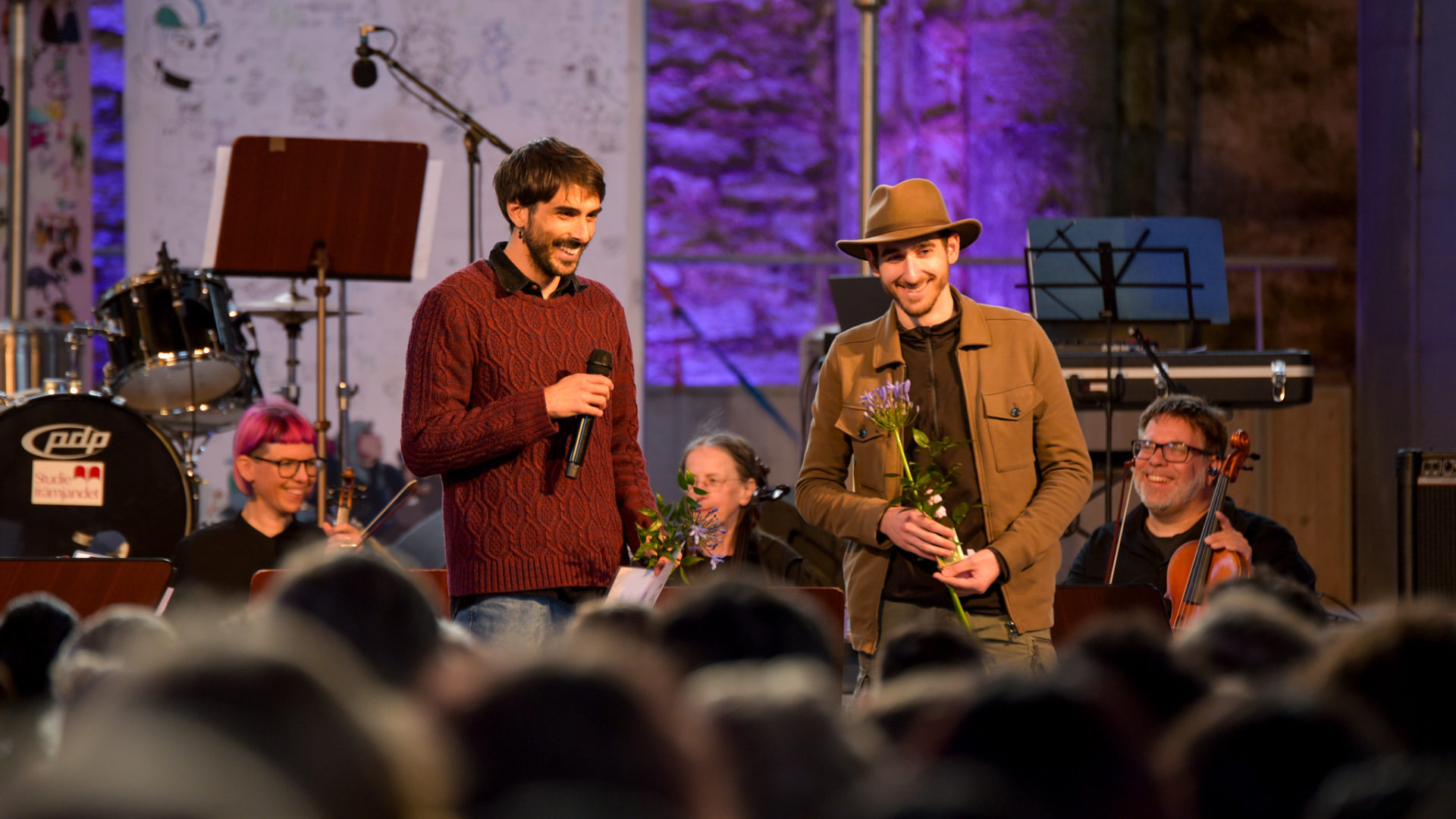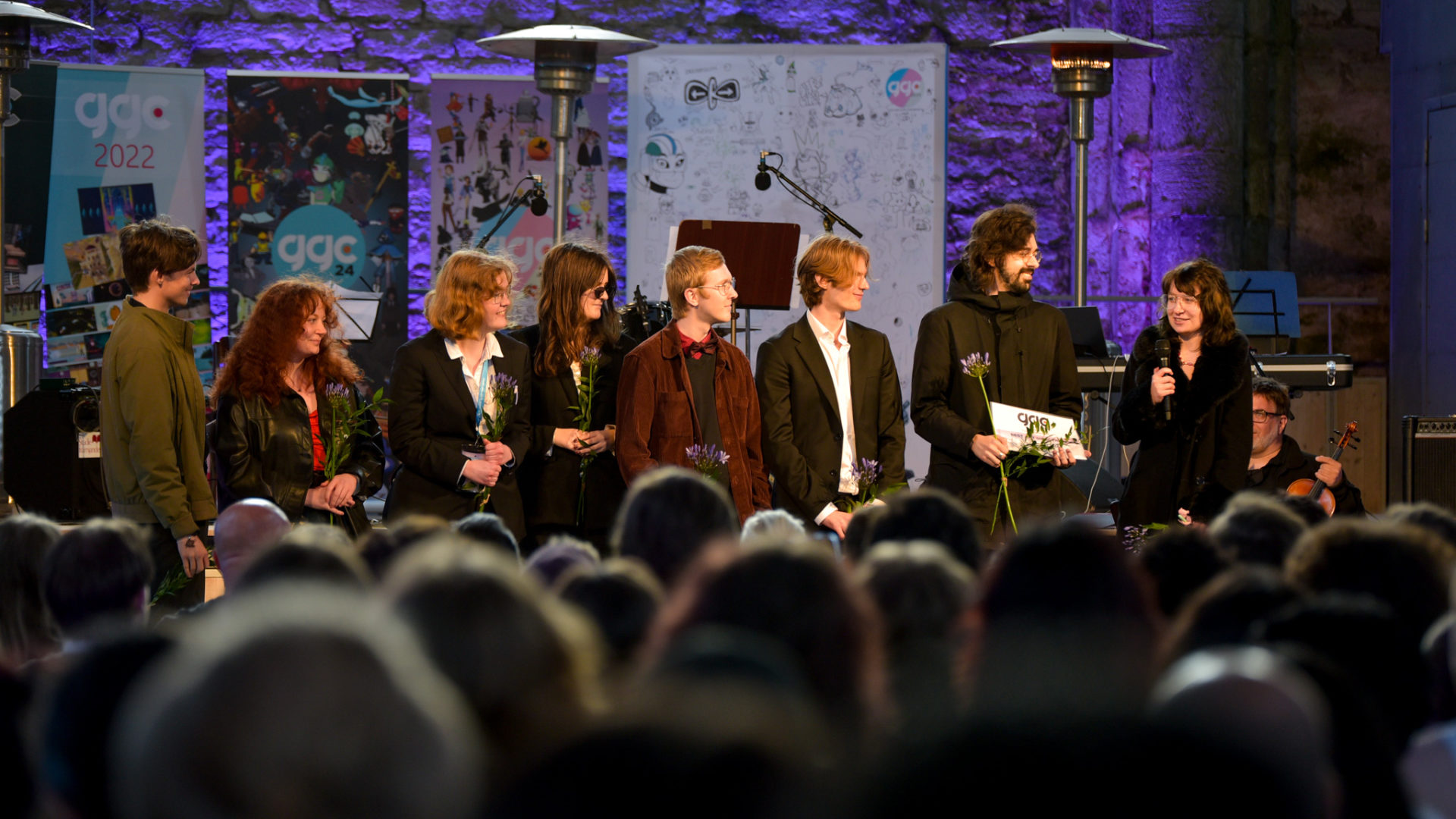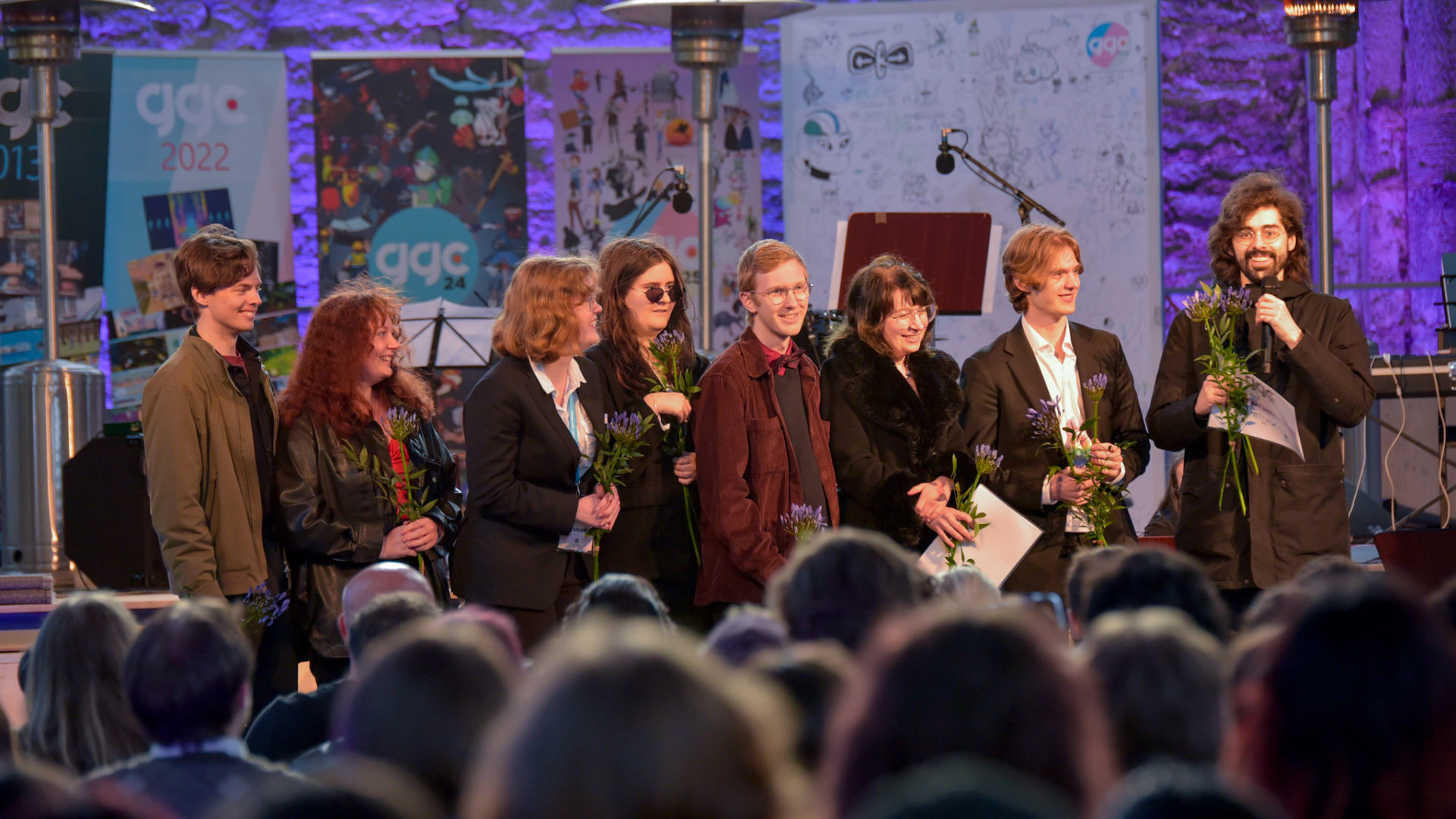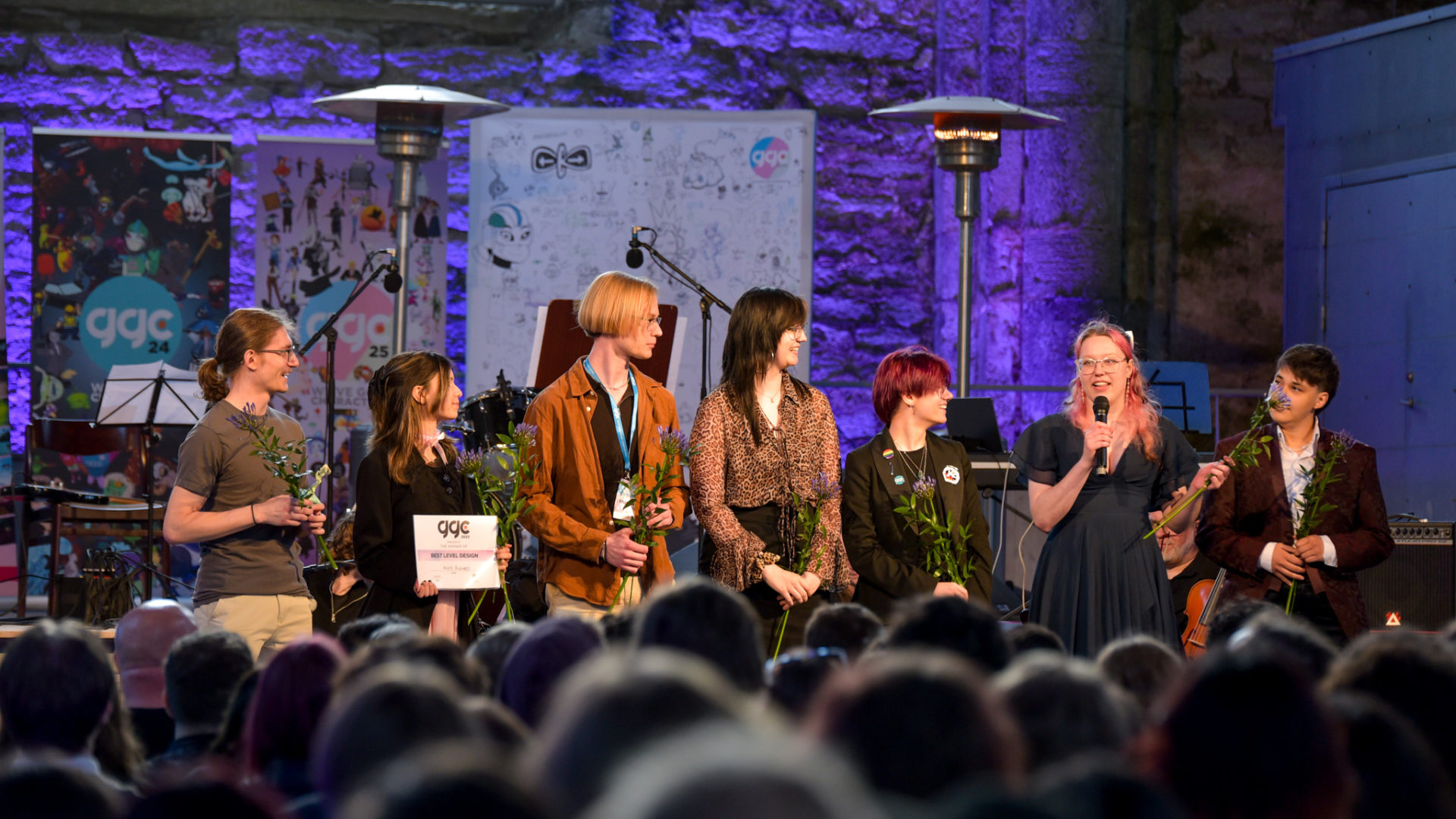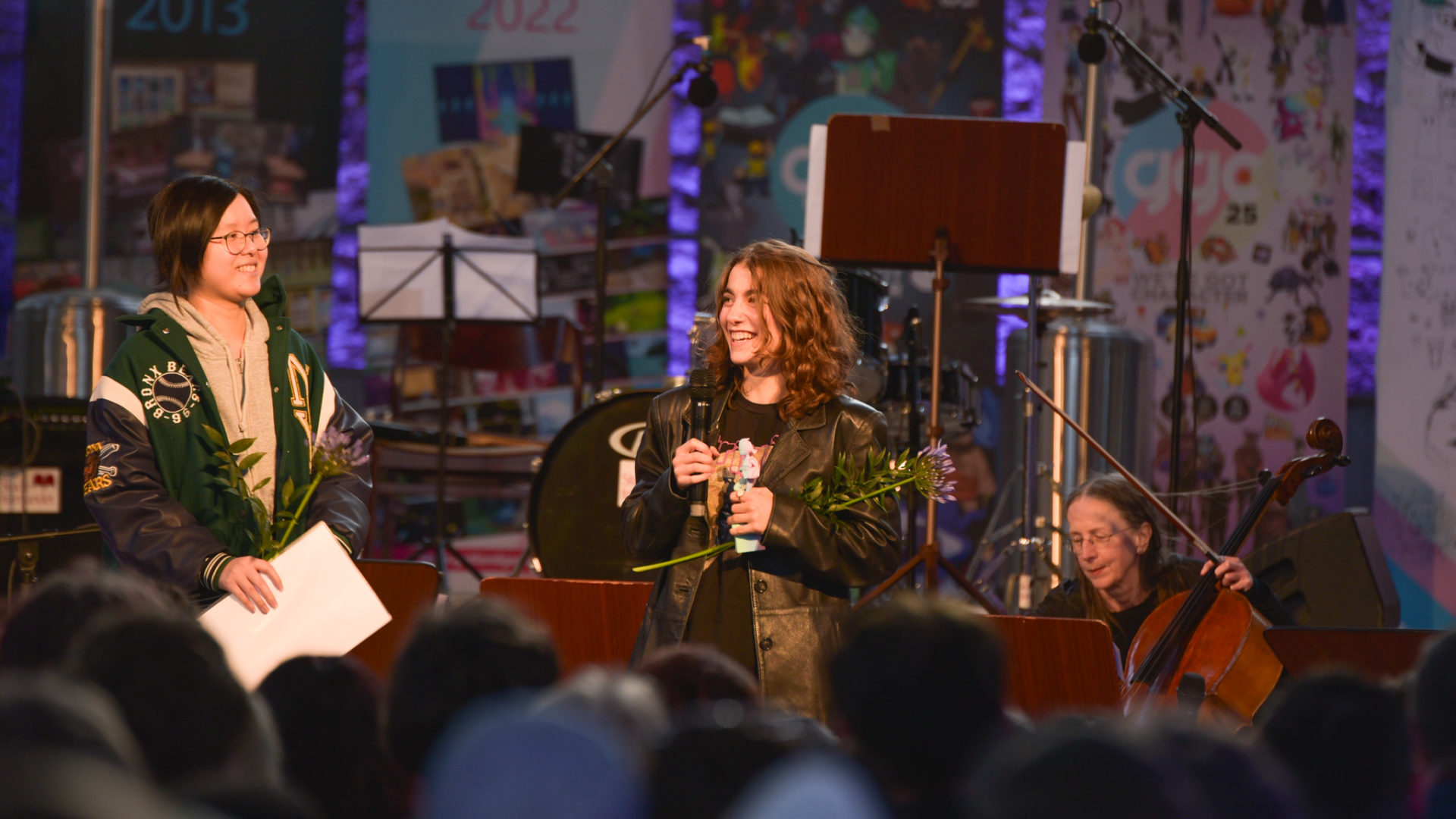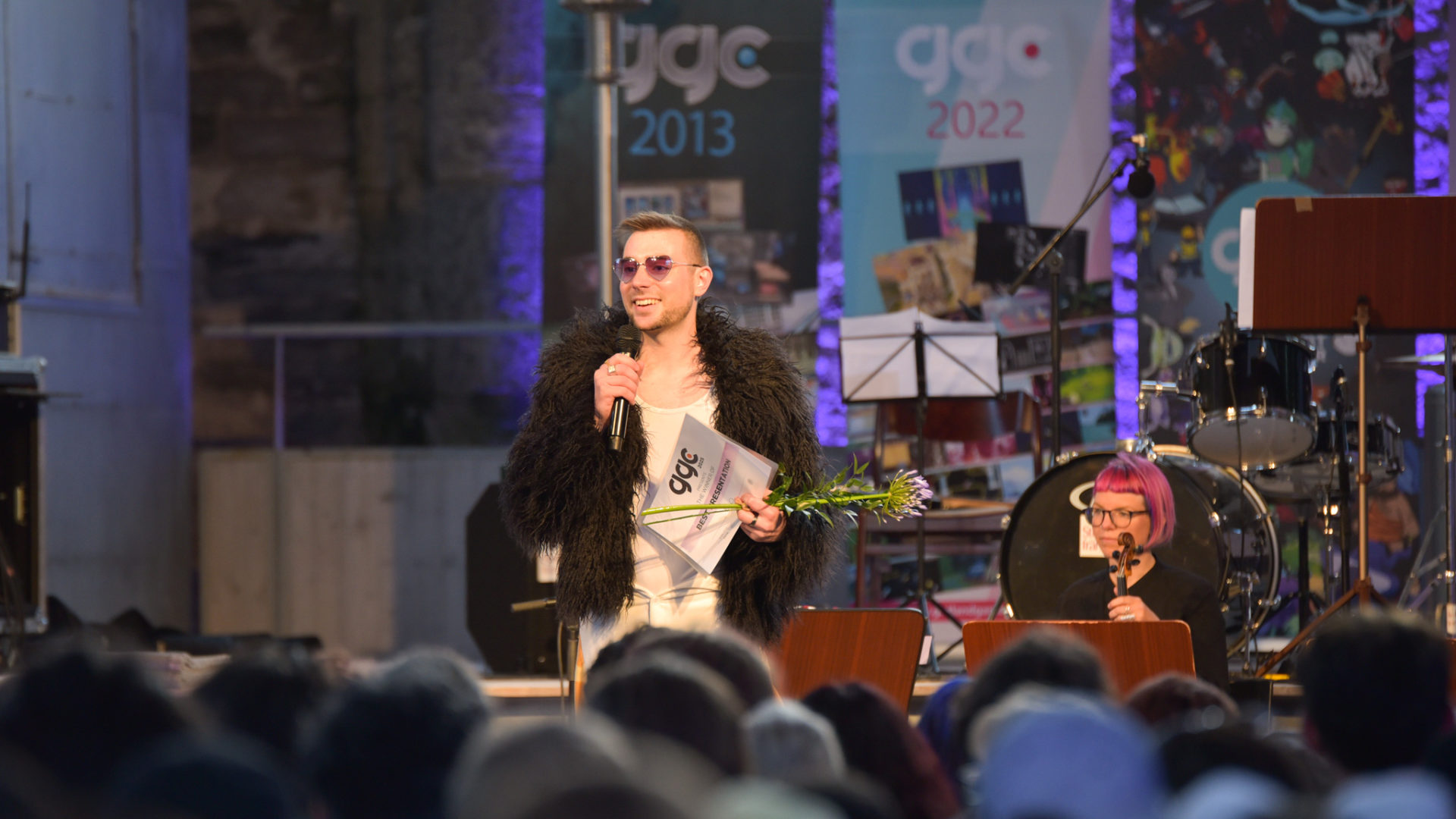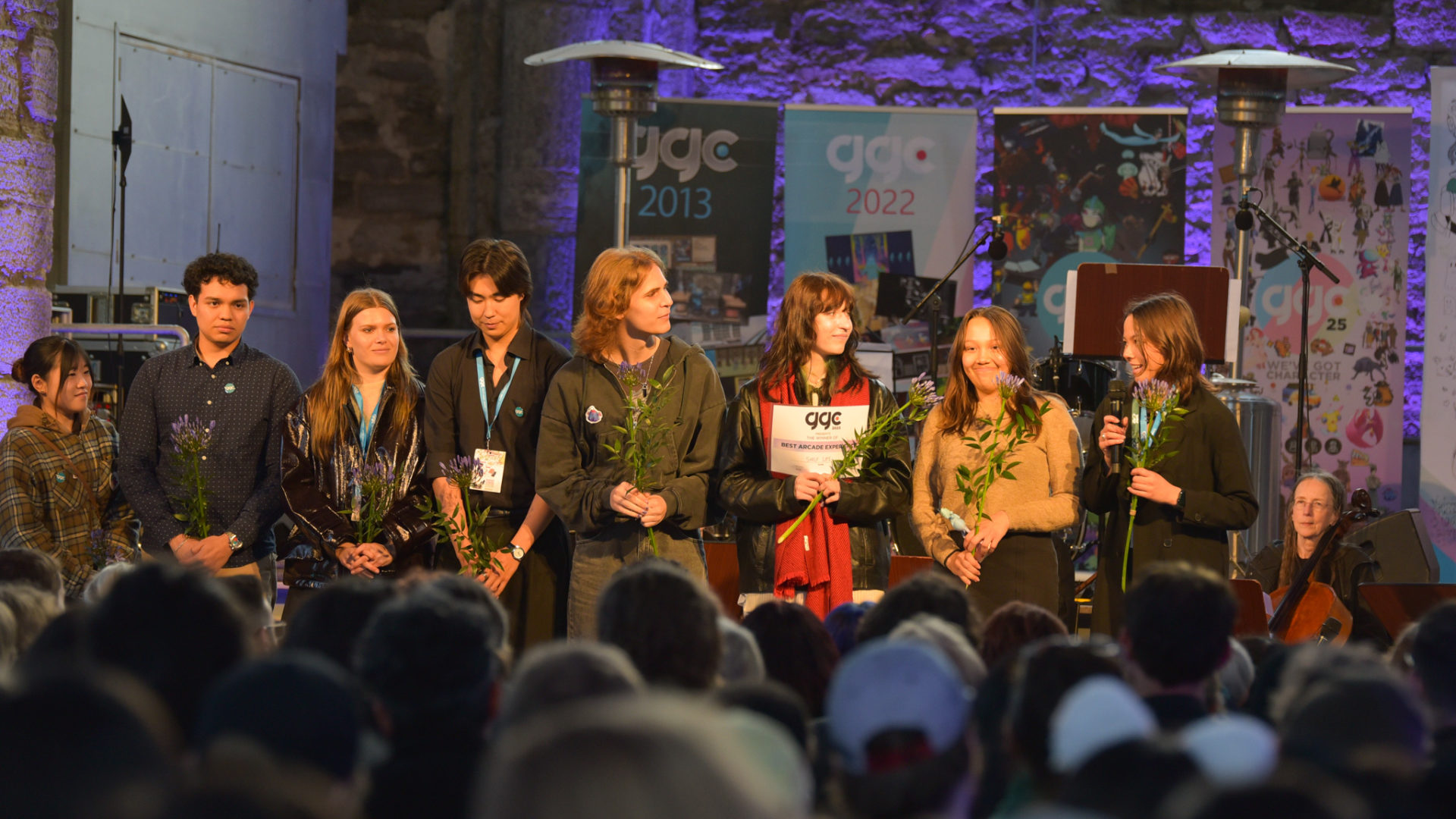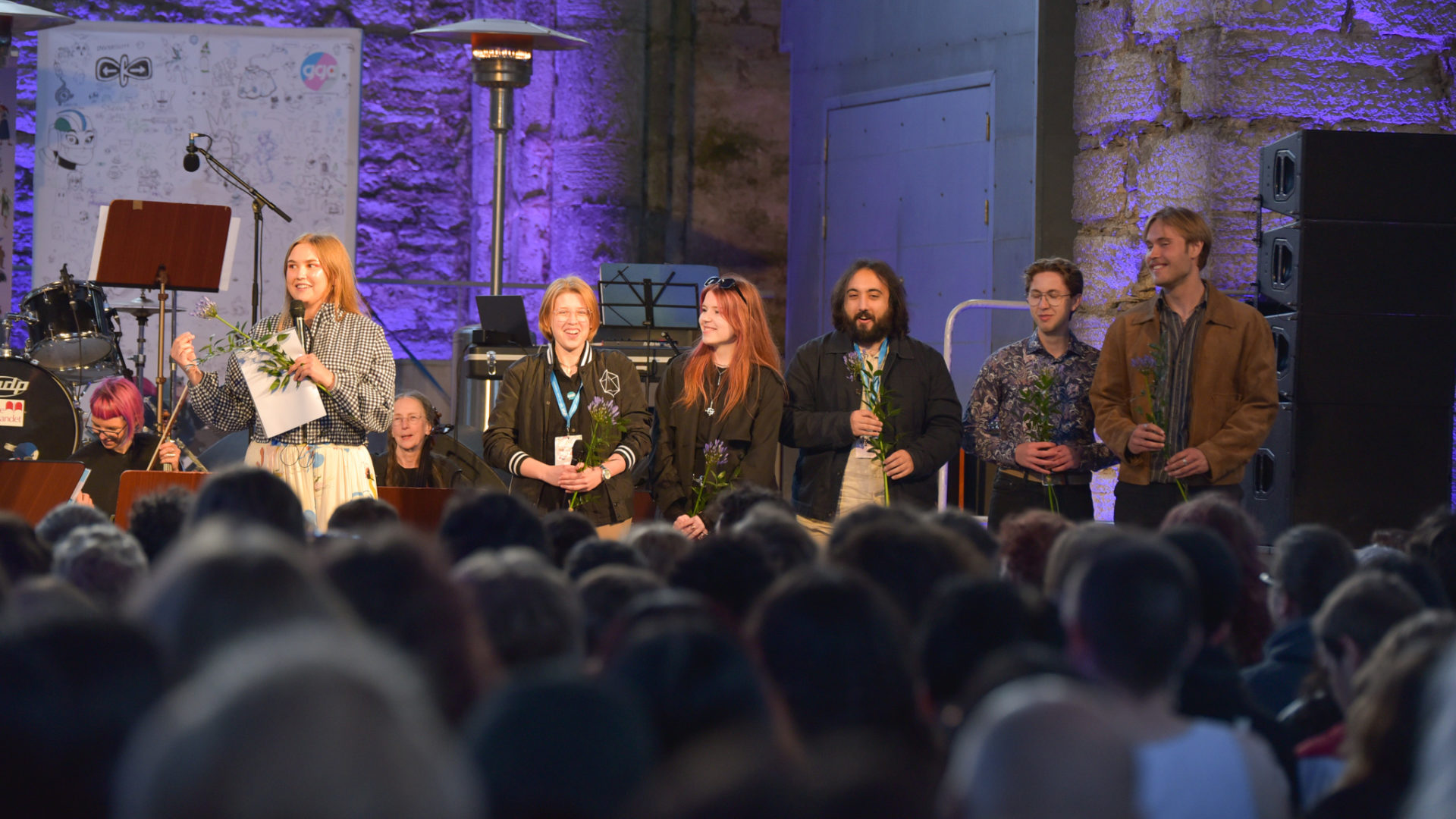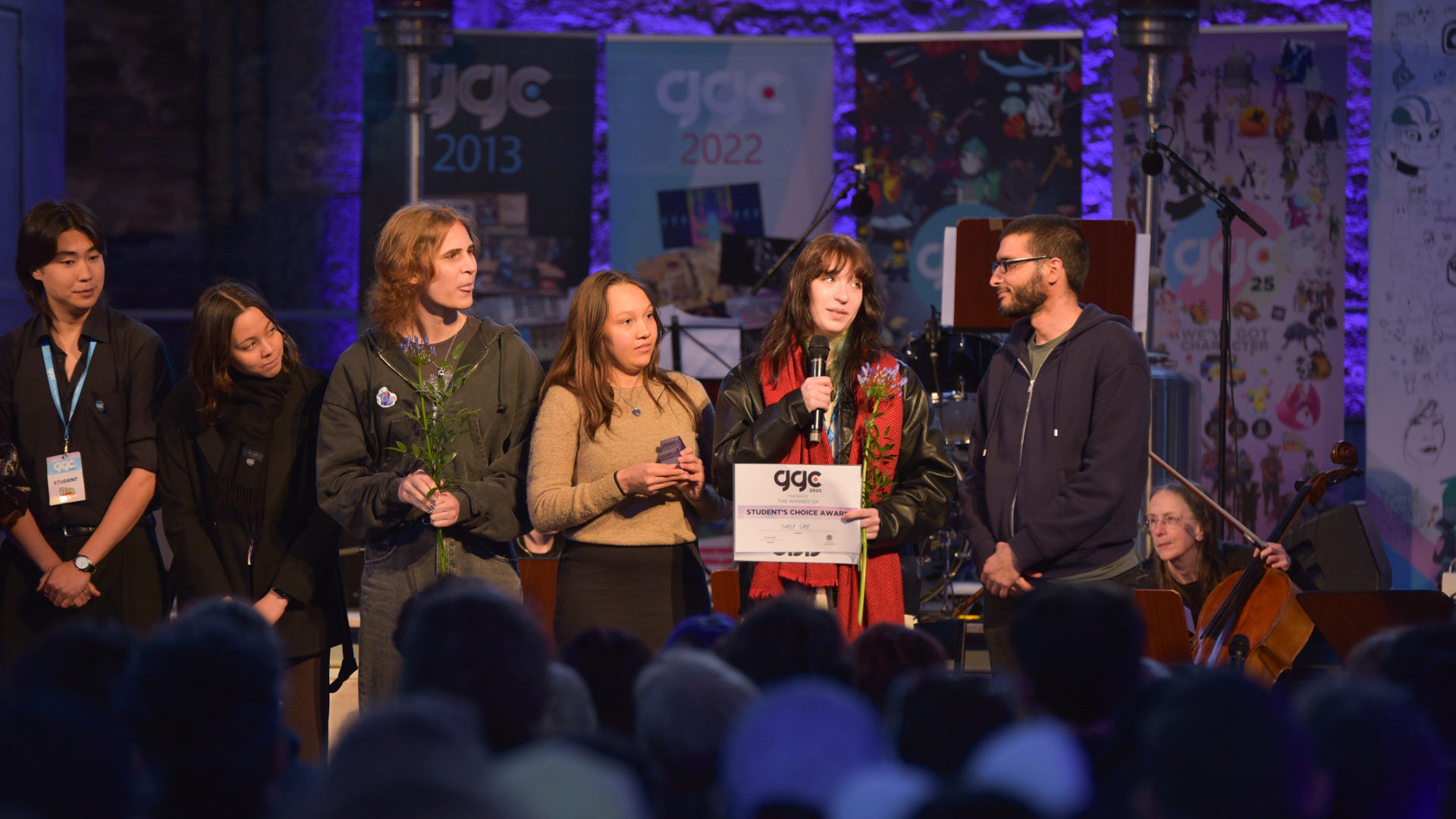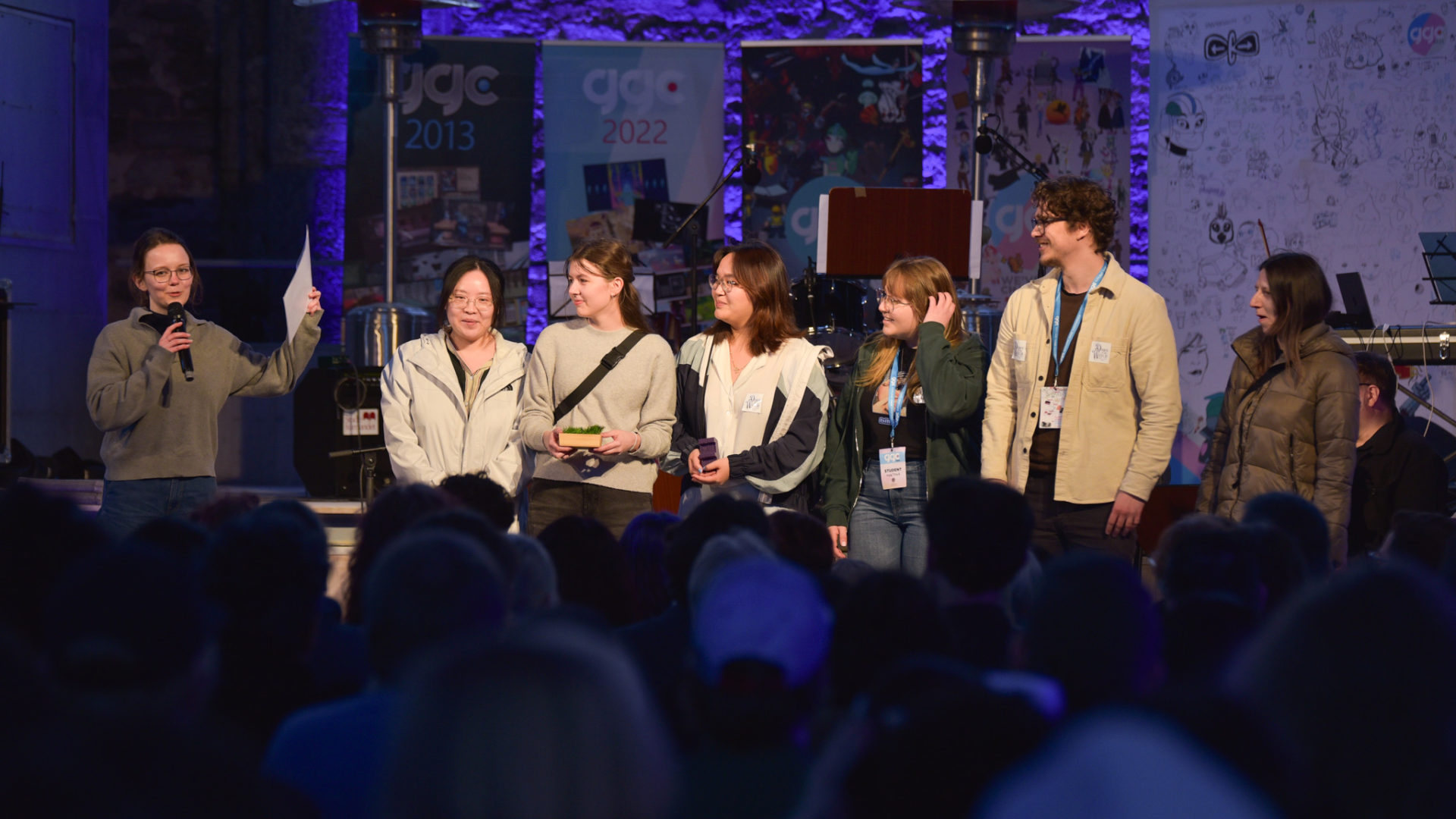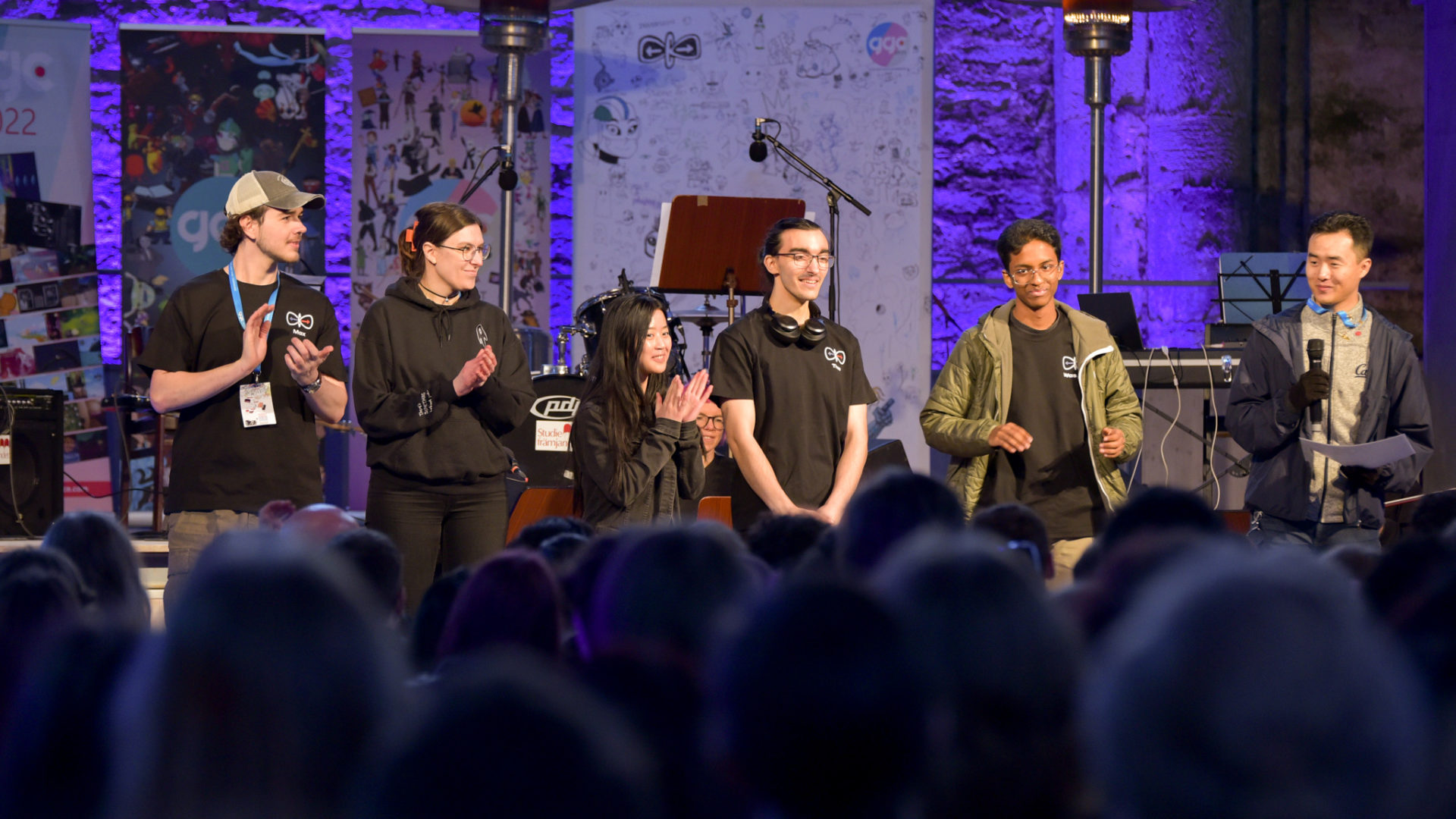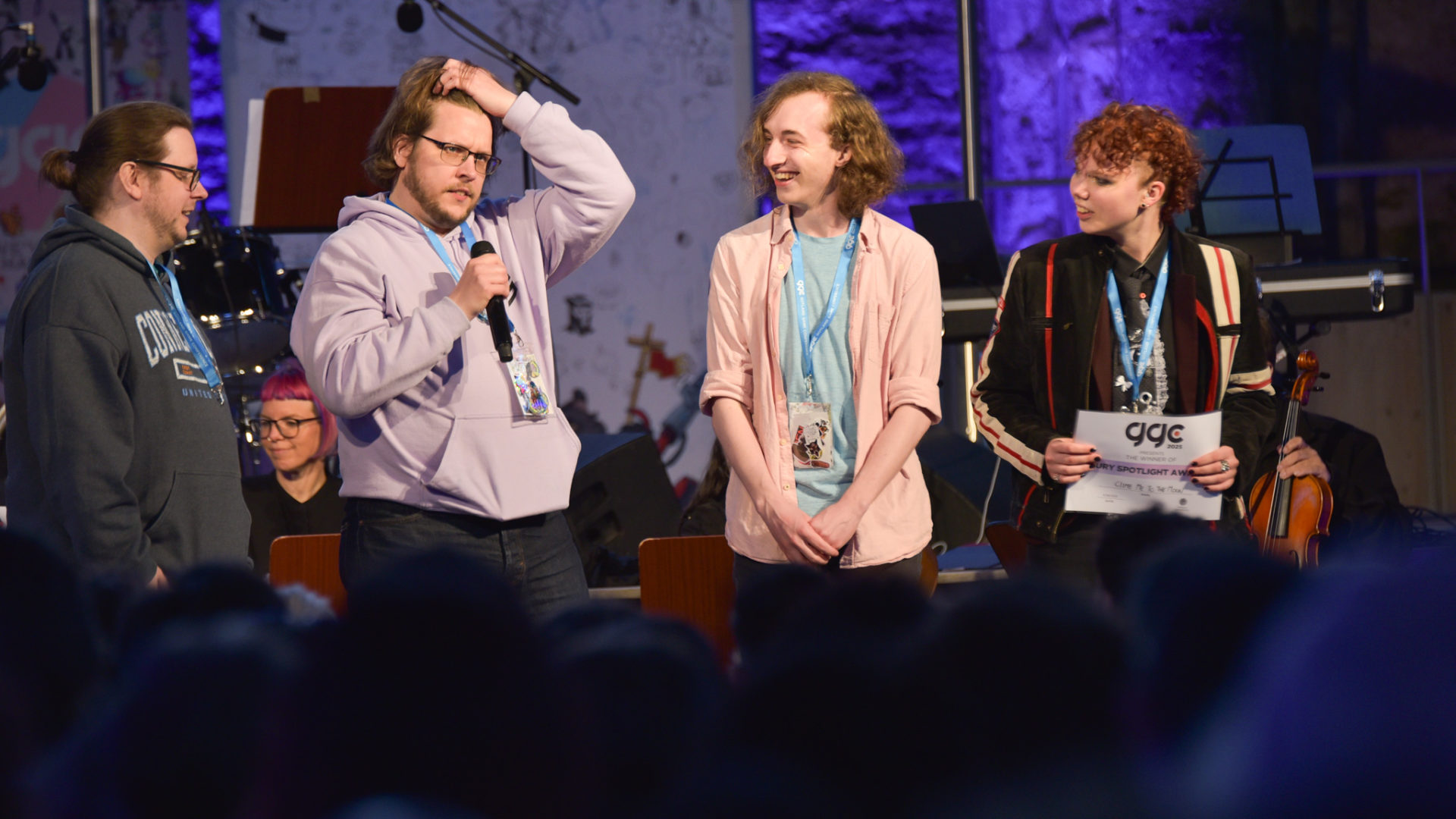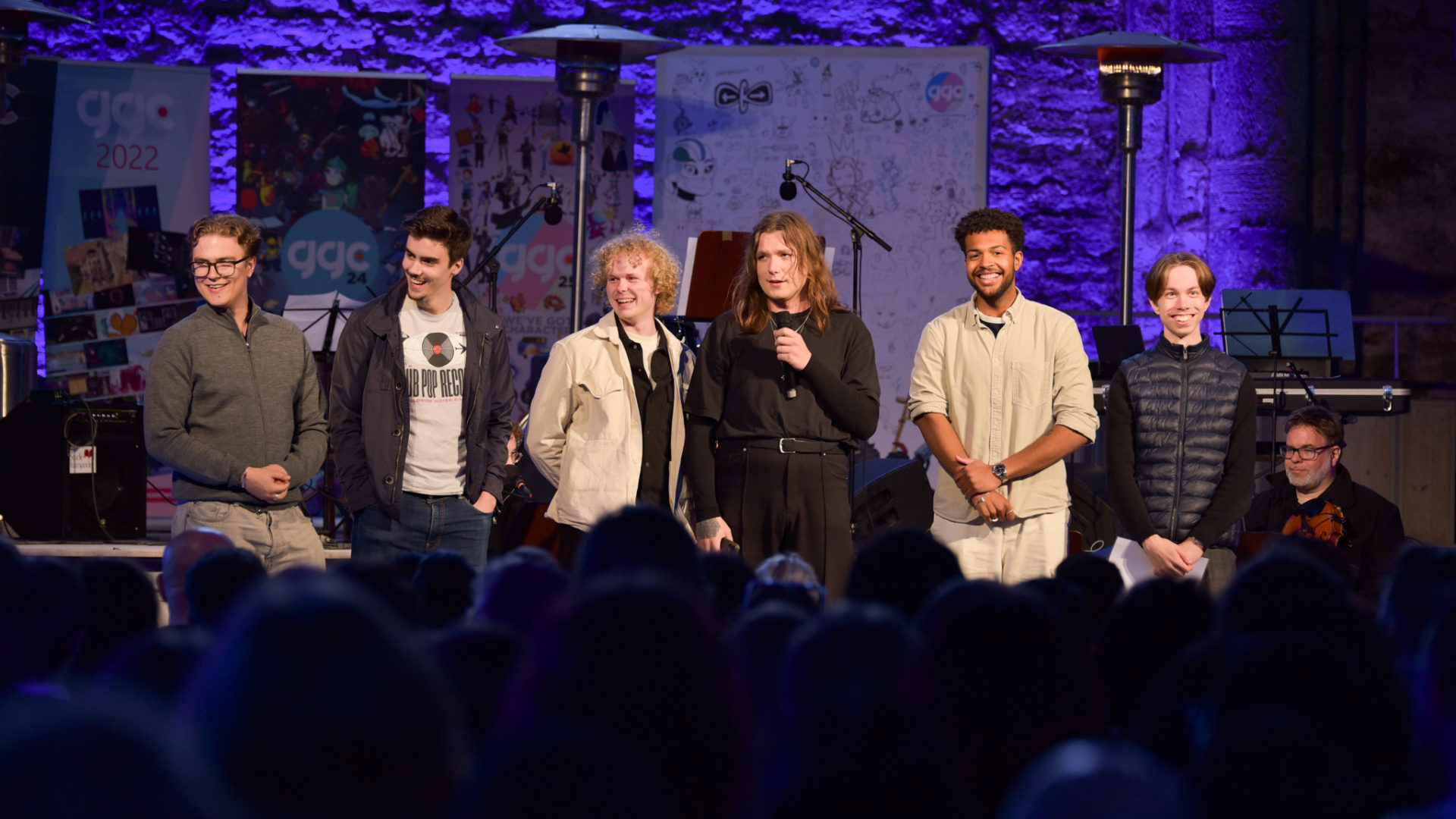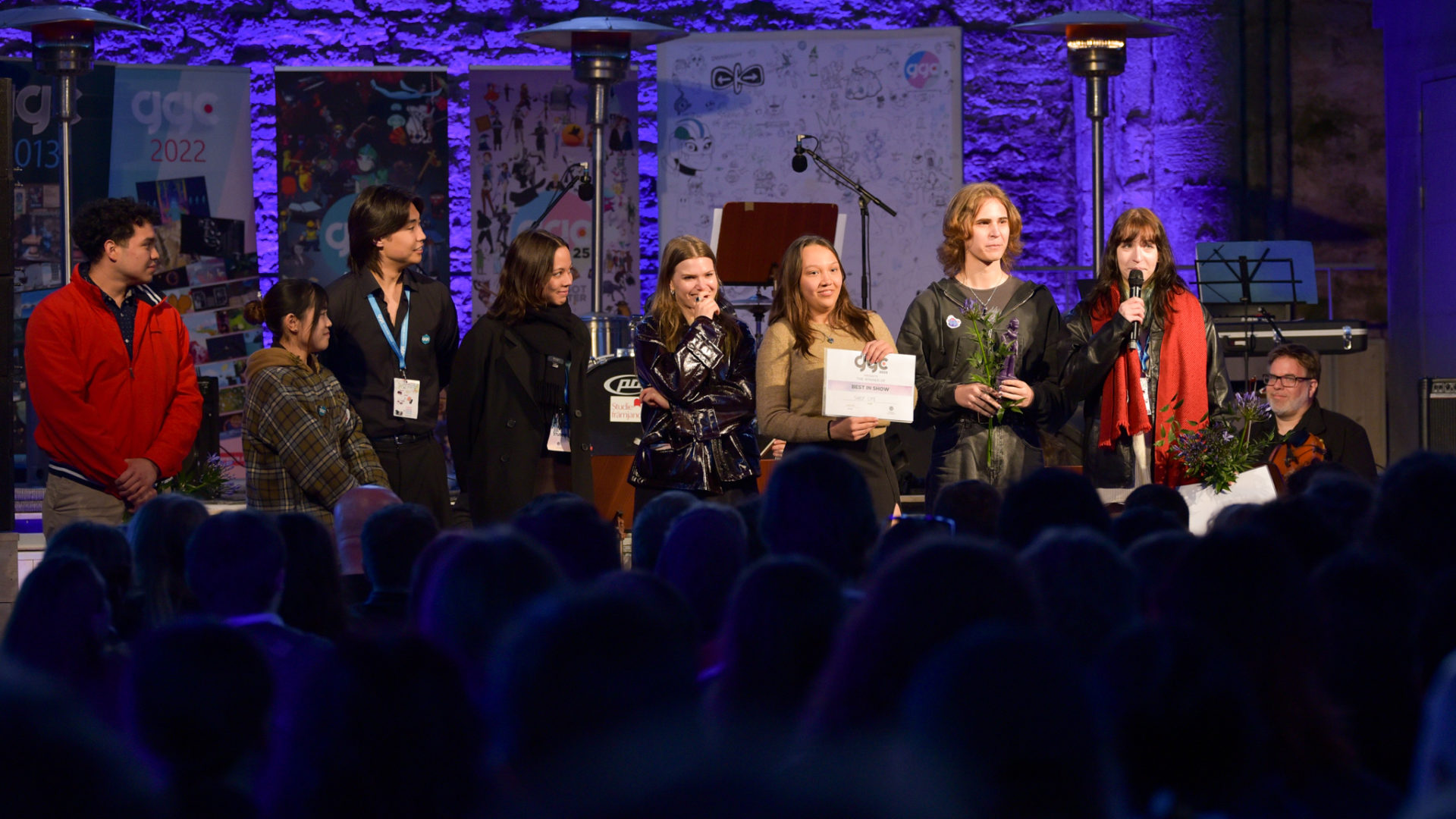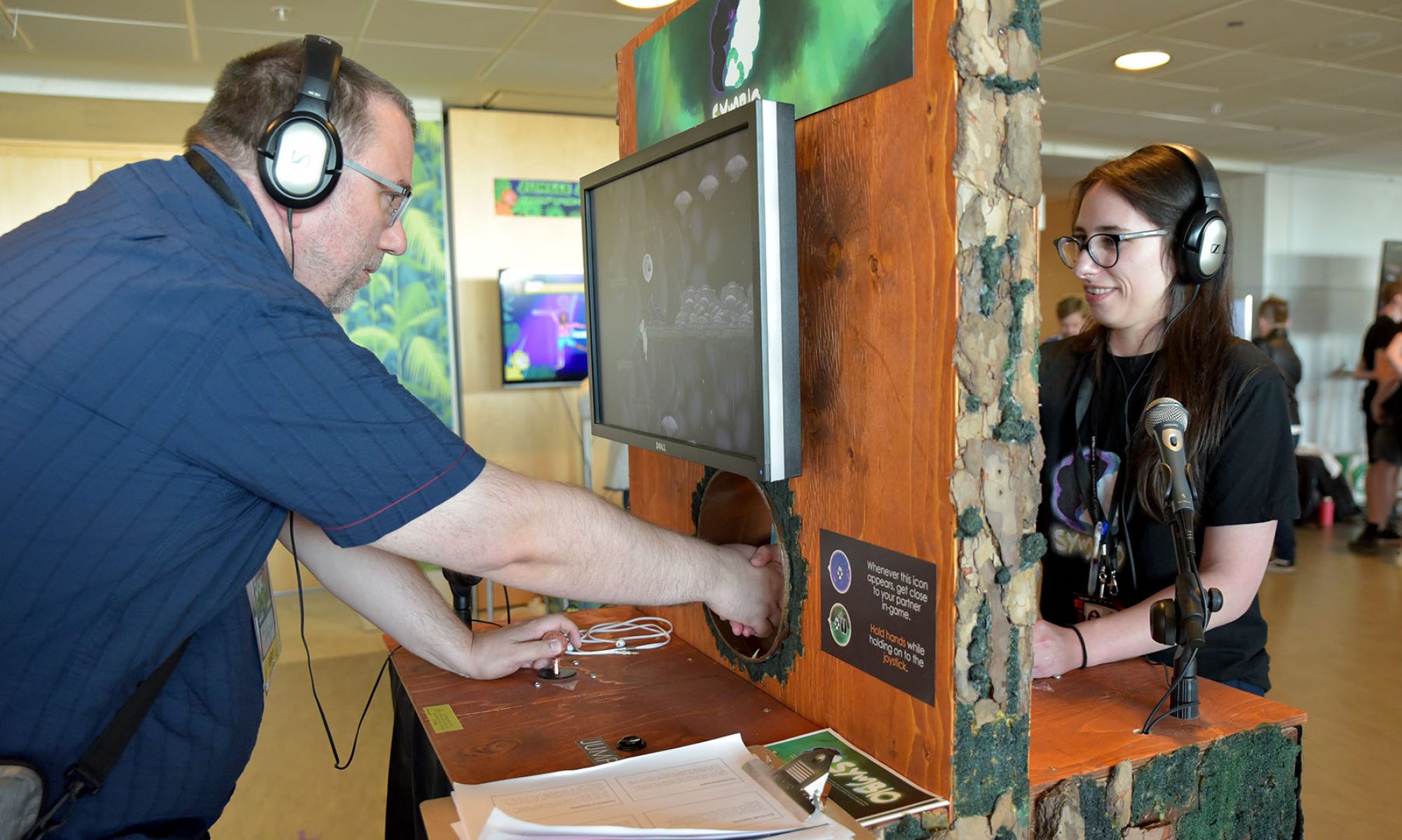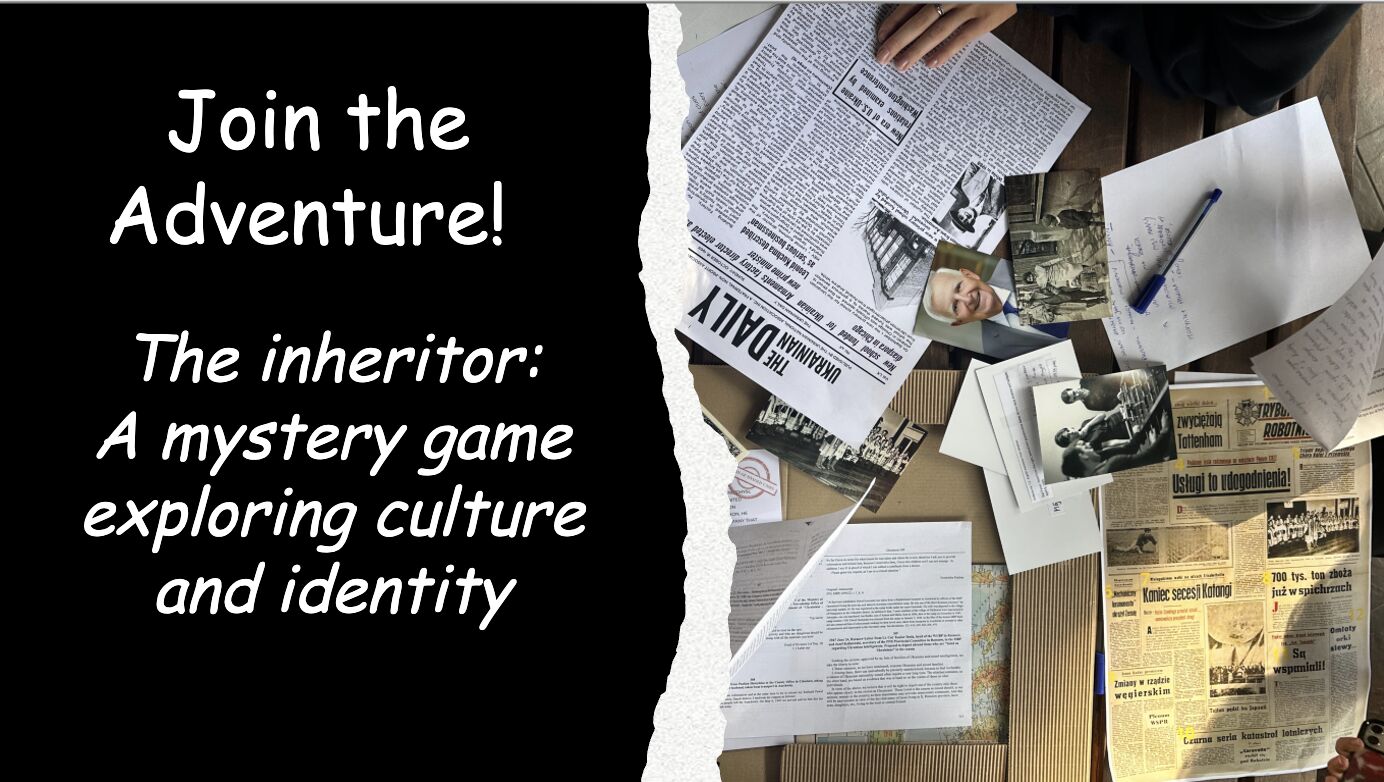From 18 August
Reception fully open. Monday – Thursday 08:00 – 16:30, Friday 08:00 – 15:30. Welcome information for international students available. Staff from Student services and Helpdesk have drop-in hours.
Week 33
Welcome email to all new students.
27-28 August
Recommended arrival days. Shuttle service from Visby airport and Visby ferry terminal for certain arrivals (registration required).
29 August
Orientation Day in Maltfabriken, preliminary 09:00-12:30, designed for international students.
30 August
Gotland history lecture 15:15-16:15 with Mikael Norrby.
30-31 August
Guided walking tours around medieval Visby with the university guide Mikael Norrby.
1 September
Welcome Ceremony 14:00 in S:t Nicolai Ruin. Assemblage 13:30 at Rindi Castle.
1-3 September (dates to be confirmed)
Campus support introductions for each programme. Programme managers will be invited to book the introduction later this spring.
5 September
A free ride on one of the tourist trains. Departures 12:00 and 12.30 outside the main entrance.
9-18 September (dates to be confirmed)
Lamningen – welcome activities arranged by Gotland Student Union Rindi.
27 and 28 September
Free bus trip in the countryside with Mikael Norrby as guide, preliminary 11:00-15:00.
7 October
StudentExpo – mini fair around lunch with student services, the student union and others.
More information will be published at cg.uu.se/welcome
